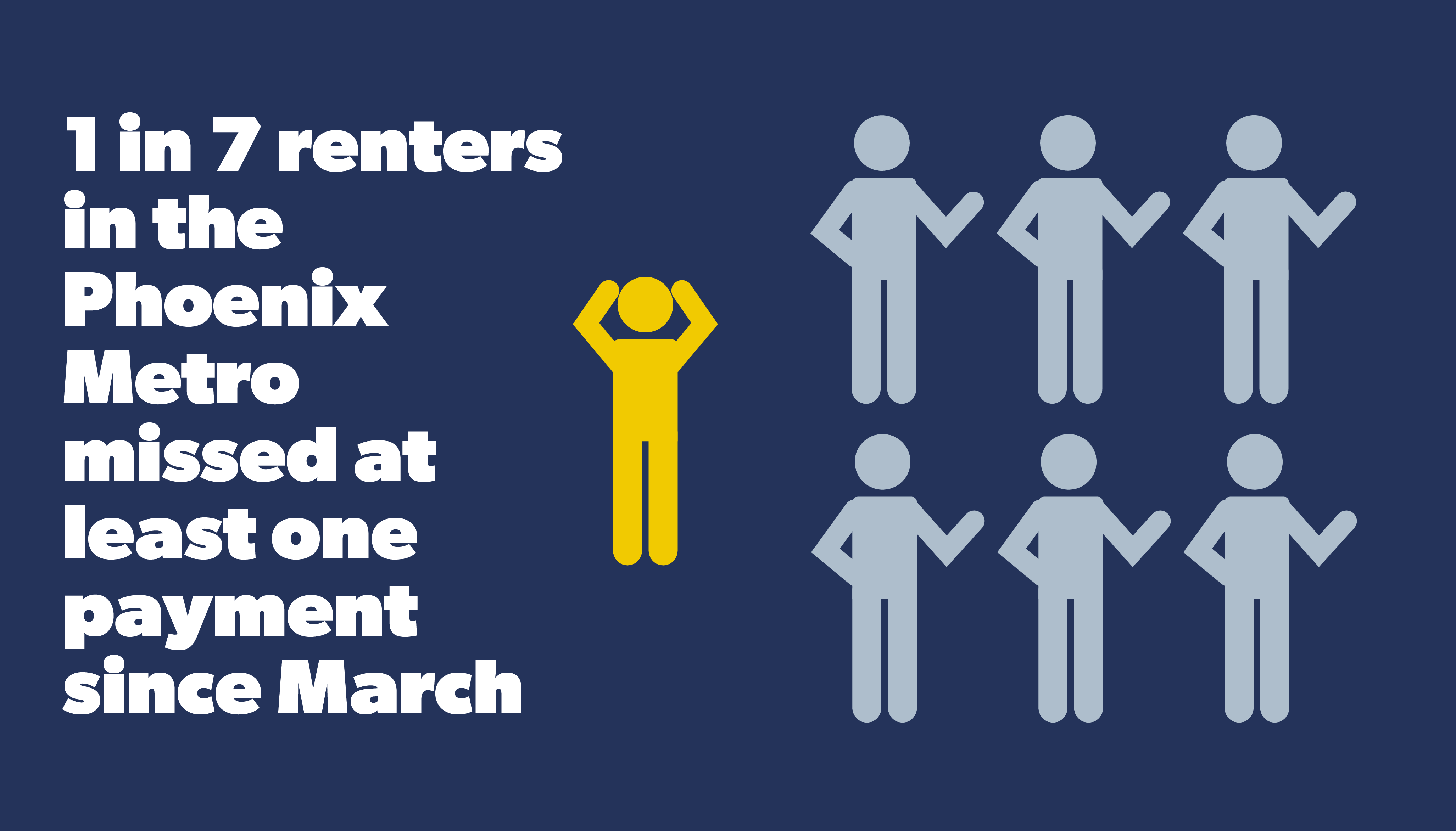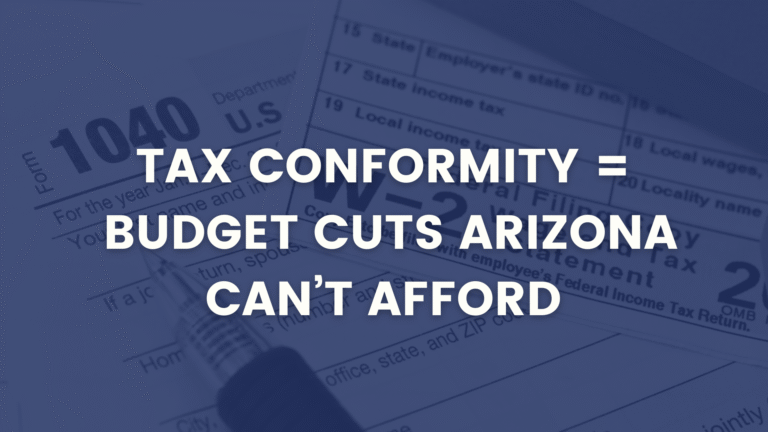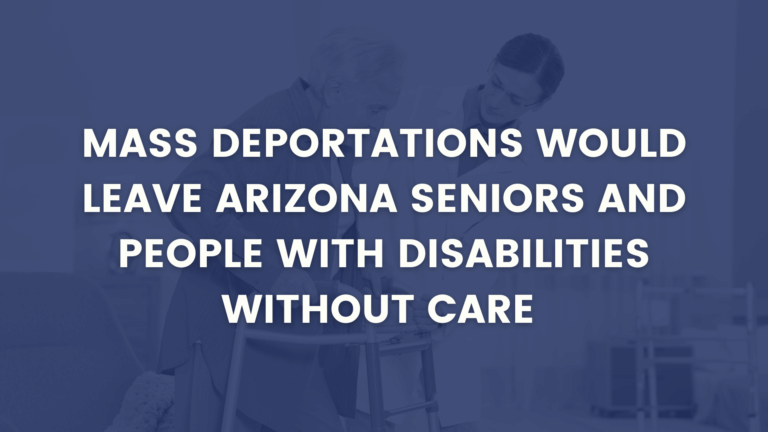
Tens of thousands of Arizona households have already missed rent payments during COVID-19
The recent uptick in COVID-19 cases has made it clear that Arizona remains stuck in a public health and economic emergency. As the expiration dates for expanded unemployment benefits through the Coronavirus Aid, Relief, and Economic Security (CARES) Act and the Governor’s eviction moratorium draw near, many renters may be on the verge of losing their homes.
According to the Household Pulse Survey conducted each week by the U.S. Census Bureau, approximately 14% of Arizona renter households have missed or deferred payments since March. That translates to about 125,000 households that could be on the verge of eviction today. The rate is slightly higher in the Phoenix Metro Area, with 16% of households missing payments, approximately 97,000 households.

While the state has established a pandemic rental assistance program for those who have been affected by COVID-19, records suggest that very little of these resources have been disbursed. While landlords and tenants may enter into voluntary agreements on rent payment, Arizonans deserve protections for lost income (and thus rent payment) due to COVID-19. While the Governor’s eviction moratorium was never broad enough to adequately protect renters during the pandemic, at a minimum the expiration date of the order should be extended. The Arizona Center for Economic Progress recently joined a host of organizations to advocate just that.
To be clear, affordable housing was a growing problem in Arizona well before the pandemic. According to a recent report from the National Low Income Housing Coalition, Arizona is now in the top 20 most unaffordable states in the country. Going back to normal will not be good enough for those struggling to pay rent or live close enough to their workplace. To build back better, Arizona should pursue people-first policies like investing in the Housing Trust Fund and empowering cities to increase the supply of affordable housing.



